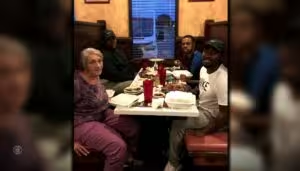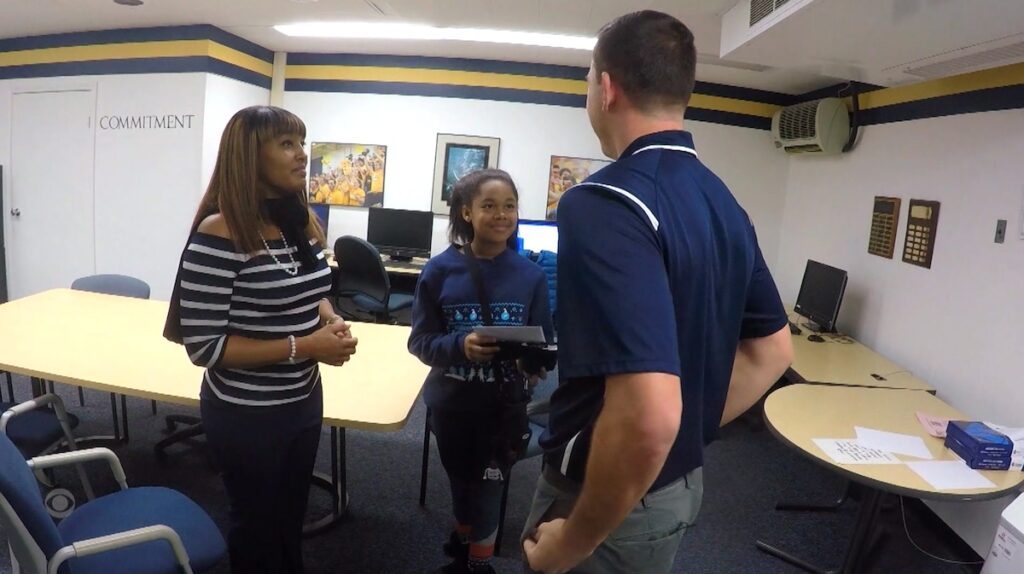
We show integrity when we act according to our values, even when it is difficult.

Make decisions based on rationality, ethics, and effectiveness.
Assess and be sensitive to the feelings and needs of others.
Acquire, remember, understand, and apply knowledge.
Students will learn about integrity from Zyera Griffin, a sixth grader who chooses to be honest with a hit-and-run victim. Students will apply the concept of integrity to real life situations.





K-5
6-12

Educators: Copy the Family Connection and email it to parents, or click here to download a PDF version to email or print.
Watch
Watch the video as a family: https://youtu.be/ZbsF6wlJsQ8
Discuss
Use these questions to start meaningful conversations about integrity.
Lesson contributed by Nancy Ridge, Lutz Elementary School, Pittsburgh, PA